Aiming Higher: Distinguished Professor George Williams on the future of Australian universities
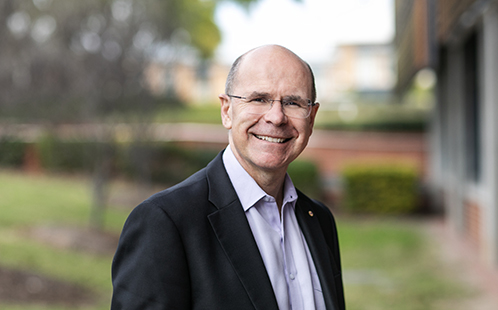
In a new essay for the Australia Institute, Distinguished Professor George Williams AO, Vice-Chancellor and President of Western Sydney University, calls for stronger support for students, a renewed focus on universities’ public mission, and greater recognition of the humanities.
Titled Aiming Higher: Universities and Australia’s future, the essay is published as part of the Vantage Point essay series from Australia Institute Press. It explores why universities need to put students and their public mission first, and how this has been eroded over decades due to underfunding, corporatisation, and a fixation on rankings at the expense of the student experience.
Aiming Higher also looks ahead, considering how technologies like generative AI might impact us and calls for better settings to value the humanities in a world where people skills are more vital than ever.
These reflections have grown out of Professor William’s time at Western Sydney University, marking one year as Vice-Chancellor in July.
“My focus has been on listening to our community and driving change to better support our people and realise our unique mission. I’ve also been thinking about the bigger picture, which is critical as we navigate new government settings, societal change and technological transformation,” said Professor Williams.
“We cannot help but be impacted by these broader forces. That’s why it's so important that we, as a community, help shape them in return. Our story is unique and compelling, and it deserves to be part of the national conversation about higher education and the public good.”
Professor Williams highlights the financial challenges facing students around the nation. For many, university is a time of poverty. Further noting that the Youth Allowance payment of just $47 a day for students who cannot live at home does not cover the rent, let alone food, transport, medicine and textbooks.
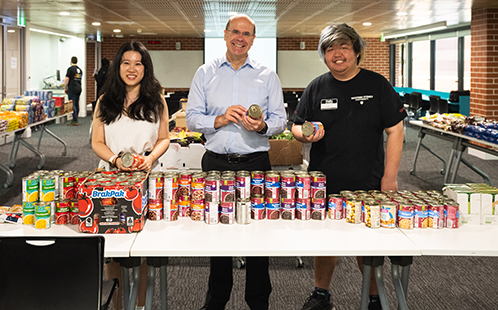
In response, Western Sydney University opened the Western Pantry on the Kingswood campus in mid-2024, providing free staples like rice, oats and pasta. The demand has been enormous, with 3,400 visits recorded in the second half of 2024. Another pantry in Parramatta and pop-up pantries on other campuses have since been opened, and the University will provide more than 23,000 free dinners and breakfasts in 2025.
“Shortages of food and other basics, combined with unreasonably high university fees, have become the reality of higher education today for many students. The system is failing them.”
“An Arts student today incurs a debt of $50,976 for three years of study. Arts degrees are disproportionately chosen by students who are the first in their family to attend university, by Indigenous Australians, by women, and by those from non-English speaking backgrounds.
“As older generations accumulate increasing wealth through property, tax concessions and other investments, our youth are struggling to get ahead and face the prospect of being locked out of housing.”
Reflecting on his own experience, Professor Williams said the situation was different for previous generations.
“Fresh out of high school in the 1980s, the child of a single-parent family, I knew that my economics-law degree was a pathway to opportunity. The system was structured in a way that if I worked hard and took advantage of what higher education provided, I could expect a well-paid job, a great career and the best that life in Australia could offer. Higher education reflected the egalitarian ideal that everyone deserves ‘a fair go’.”
“This is still true today for students from well-off backgrounds, but often not for others. For them, the social compact is broken. Those who would benefit most from a university education are frequently the least able to afford it. The system does not provide a ladder of opportunity for everyone. Our modern institutions are simply too expensive and too difficult to navigate and, as a result, many people are missing out on the social mobility that higher education offers.”
Professor Williams said that the issue of student poverty in Australia, and the need to rethink the Youth Allowance and the PhD stipend, rarely enters the public debate when it comes to our universities. “The interests of those whom the system should serve — students and the community — too often take a backseat.”
“Universities are a central part of our civic life as anchor institutions in their local communities and underpin the success of our democracy. Our economic and social progress depends upon their success as generators of knowledge, creativity, invention and social mobility. If you want to change the world for the better, education is the place to start.
“But something has gone badly wrong. Anger at universities, with escalating concerns about governance and intense political pressure from all sides, have left universities friendless and alone. And when universities lose, it is not just students who suffer, it is the nation at large.”
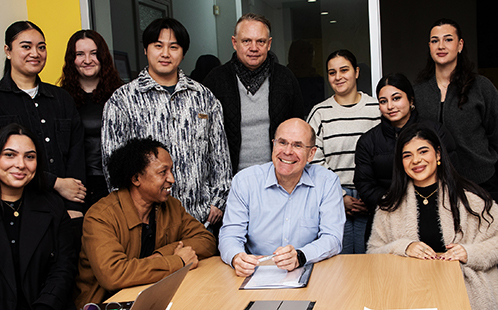
He says universities must rebuild trust by engaging with their communities and adapting to new ways of communicating. This means being present in places like social media where information is shared and where the university community discusses the questions that concern them.
“We can either adapt to new technologies and modes of communication or face losing relevance.”
“We must break down barriers. There is a reason that for many people universities evoke images of walls or impenetrable fortresses. Once this was as a protector and incubator of knowledge, but in a society where gratification is immediate and self-appointed experts are on every screen, it makes universities seem out of touch. It is not enough for us to make higher education more accessible and relatable; we must also leave the fortress.
“We must go to where our students and the community are, and we must listen on their terms. Universities are not used to doing things this way. It is disconcerting for a sector used to being the experts and keepers of knowledge. We need to change.”
Aiming Higher: Universities and Australia’s Future will be launched at a special event hosted by the Australia Institute at Western Sydney University on 12 November. The event will feature a panel with Professor Williams, the Hon Dr Andrew Charlton MP and Professor Azadeh Dastyari, with Dr Alice Grundy as MC.
The essay is available now in all good bookstores and online through Australia Institute Press.
Putting Students First
Western Pantry
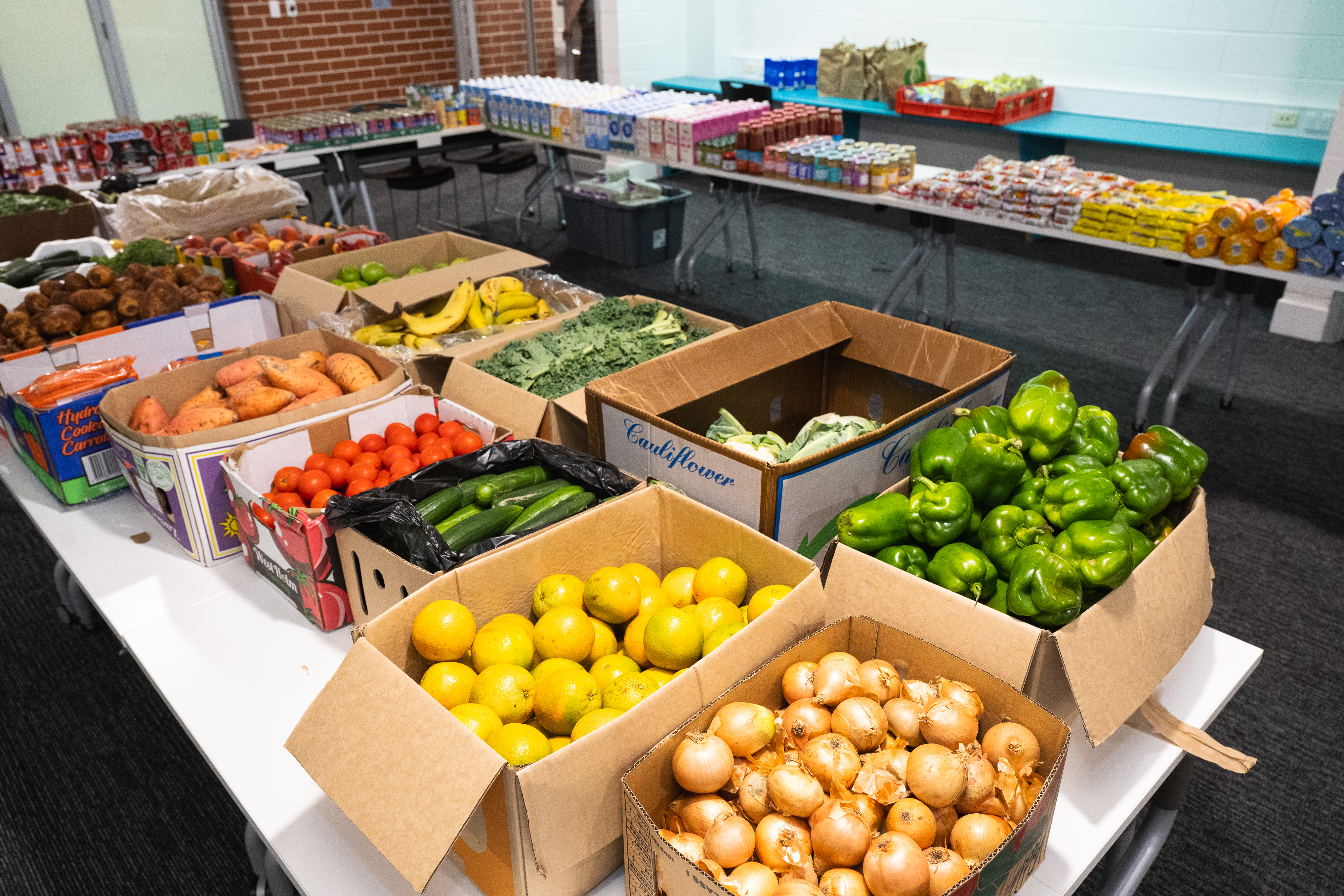
Western Sydney University is helping students with its food security initiatives, including the Western Pantry at the Kingswood and Parramatta South campus, along with a pop-up pantry at Bankstown City campus.
Since it began, Western Pantry initiatives across our campus network have had more than 11,400 visits, giving over 1800 students access to fresh produce and pantry staples at no cost.
Student Community Program Coordinator Ms Miranda Zhang highlights the work the University’s Student Community and Food Security team are undertaking to ensure students are well nourished and able to tackle their studies.
“Western Pantry builds on existing initiatives that we have at the University. Our range of food security programs ensure our students can access healthy and nutritious meals throughout the week,” said Ms Zhang.
“This year we have 9 student casual employees, 3 student clubs and 8 community partners and Chaplains working with our Student Community and Food Security team to deliver more than 13,000 dinners, over 9,000 servings of breakfasts, and assist the Pantry to hand out groceries to students throughout the year.
“Importantly, these initiatives also provide an opportunity for students to engage with others on campus, either by socialising at the community dinners, breakfasts or pantry, or by becoming more involved in a volunteering capacity.”
Fresh produce grown in our state-of-the art glasshouse at the Hawkesbury campus, including lettuce and capsicums, are donated to the pantry throughout the year. Further pantry items are sourced from Foodbank and local farms including Urbavore and Mountains Gourmet, with other staples purchased from supermarkets.
Western Pantry is Student Services and Amenities Fee (SSAF) funded with the Student Community Food Security Programs team overseeing the coordination and logistics of the pantry. Volunteers help stock shelves and student casuals are employed to assist with QR code check ins and other tasks during operational hours.
Katherine Warwick
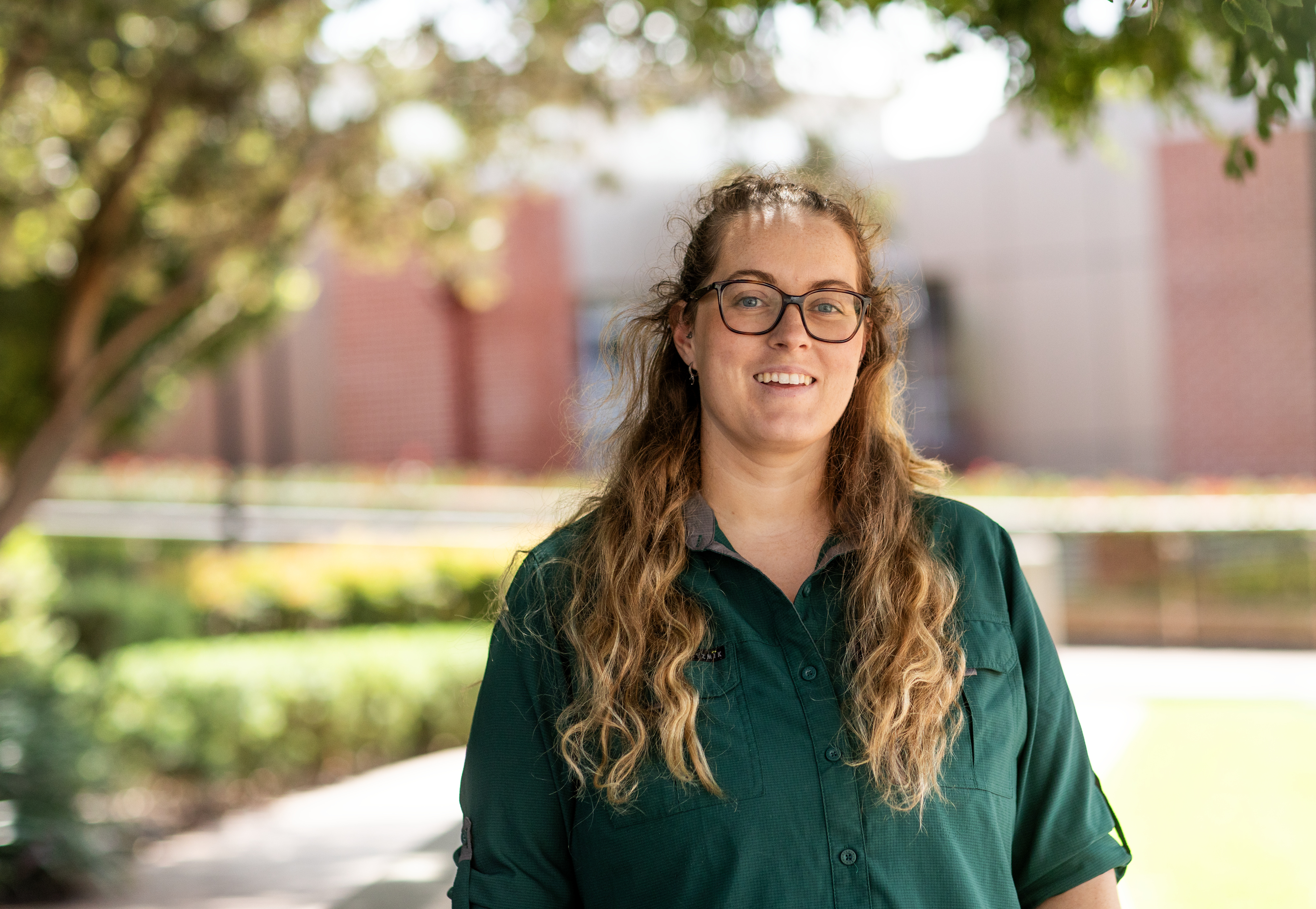
Postgraduates are also facing real hardship. Katherine Warwick is a smart and dedicated PhD candidate at Western Sydney University with a passion for water ecology. Her love of science and animals began as an undergraduate studying a Bachelor of Science (Zoology) at the Hawkesbury campus.
“My favourite class at the time was Management of Aquatic Environments. It gave me a chance to get outside the classroom and complete fieldwork, and to see how scientific research can have tangible real-world outcomes,” Katherine said.
“It was also where the prospect of holding a platypus for the first time started me on my journey into postgraduate research in environmental science.”
Her research looks at aquatic ecosystems and contaminants in platypuses. It often involves being knee-deep in water during late-night field trips to monitor platypus populations in eastern New South Wales and the effect that PFOS (perfluorooctane sulfonate) chemical contamination is having on their health.
Yet when Katherine wanders through her local supermarket, she must mentally calculate how many Weet-Bix and how much milk she needs to survive the week. At home, she must think twice before turning on the lights due to the cost of electricity.
Katherine’s story highlights the challenge of pursuing world-class research while navigating the everyday realities of postgraduate life.
Homestay/International

International PhD student, Sonu, is the first in his family to pursue a doctoral degree overseas—a milestone that carries great significance both personally and professionally.
“Coming to Western Sydney University has been a life-changing experience," said Sonu.
“Western Sydney University is an institution dedicated to both academic excellence and student success.”
As an international student, Sonu knows firsthand just how important food security initiatives are for university students.
When he discovered the University had launched Western Pantry, a service that provides essential food and hygiene items to students at no cost, he was impressed by the commitment to student welfare.
“Many students, particularly international students and those facing financial challenges, struggle with food security while balancing academic and living expenses. By providing accessible food assistance, Western Pantry ensures that students can focus on their education without the added stress of food insecurity.”
“Food security is an often-overlooked challenge in academia and having an initiative that ensures students have access to essential food items speaks volumes about the University’s commitment to holistic student support.”
Sonu also appreciates that the initiative fosters a sense of community and promotes overall health and wellbeing, which he said are fundamental to a positive university experience.
“Initiatives like Western Pantry are critical in promoting student health and well-being, social equity, and inclusivity within the university environment. Beyond its direct impact, it also fosters a sense of community, encourages student engagement, and contributes to a supportive and thriving academic ecosystem.”
People Fleeing Conflict
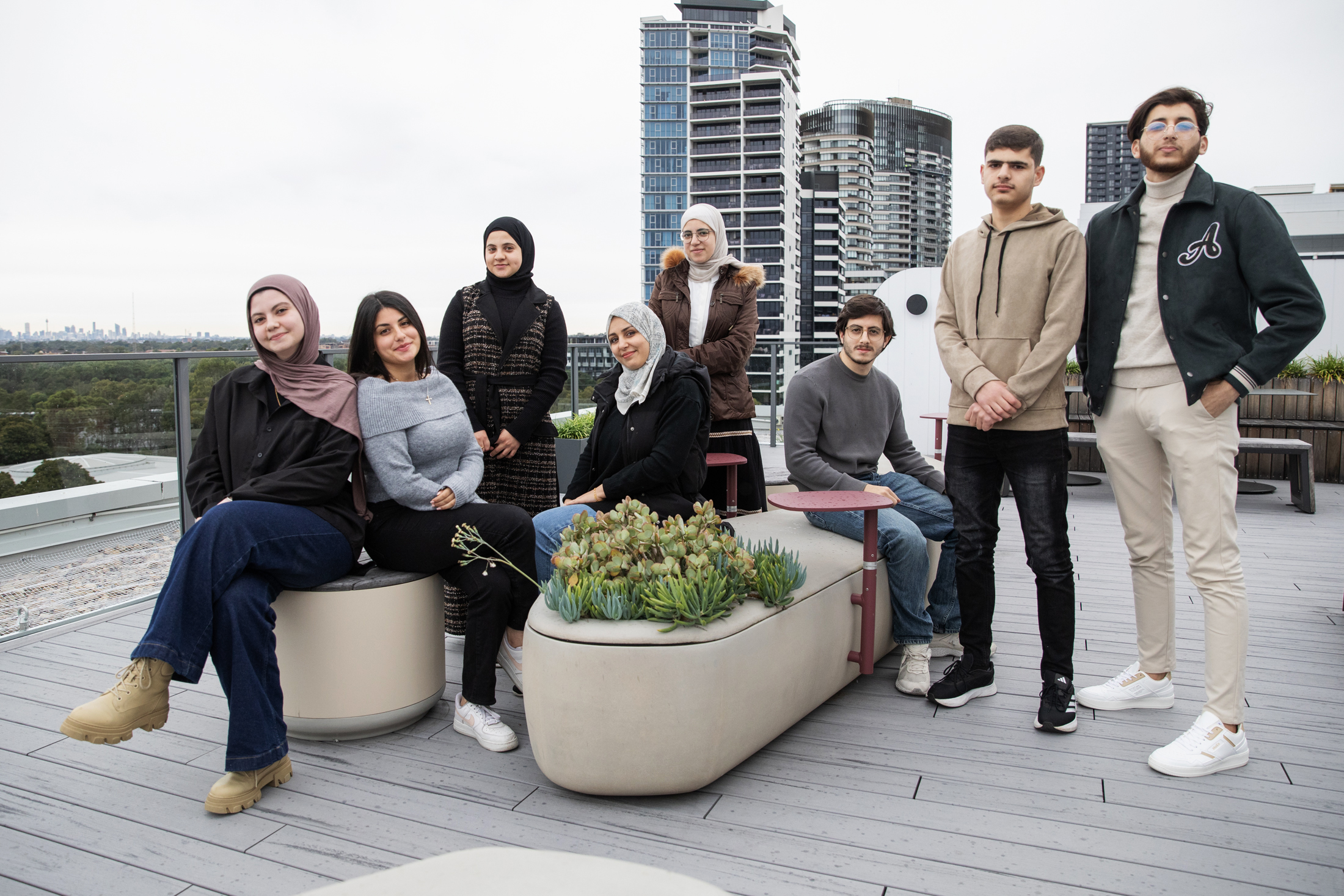
Western Sydney University is deeply committed to providing innovative scholarship programs and holistic services that promote access to higher education and integration into Australian society for asylum seekers and refugees.
In 2024 Western Sydney University responded to the rise in global conflict and displacement by offering a personalised entry point to the University and higher education, known as the People Fleeing Conflict Program, to support people seeking refuge in Australia.
Since its launch, the People Fleeing Conflict Program has supported more than 35 individuals from Palestine.
Under the program refugees receive tailored advice to identify the most beneficial pathway into study or support based on individual circumstances. This includes English language testing, career consultations, readiness assessment, scholarship advice and foundation or direct entry programs.
The students are now feeling the benefits of the wrap around support, with their sights set on the future.
Latest News

ABC RN transcript: Vice-Chancellor Professor George Williams discusses higher education sector, student support, and the impact of AI
The following is a transcript of an interview that aired on ABC Radio National Saturday Extra between presenter, Nick Bryant and Vice-Chancellor, Distinguished Professor George Williams AO.
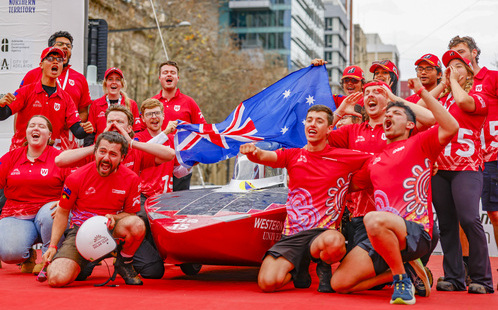
Western Sydney University are the number one Australian solar car team at the 2025 Bridgestone World Solar Challenge
Western Sydney Solar Car team has crossed the finish line placing preliminarily sixth in the world overall, and the number one Australian team in the world’s most prestigious solar car challenge.
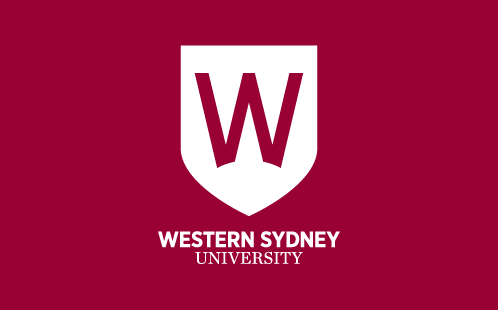
Western Sydney University Statement on Cyber Incidents
Western Sydney University has issued an update to its community following confirmation that previously stolen personal information was published online, including on the dark web.
Mobile options:

